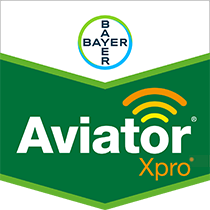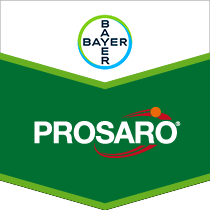Digital crop trials technology guides best input decisions
About
-
Category
- Product News
-
Date
19 May, 2025
-
Location
WA
-

About
Category
- Product News
Date
19 May, 2025
Location
WA
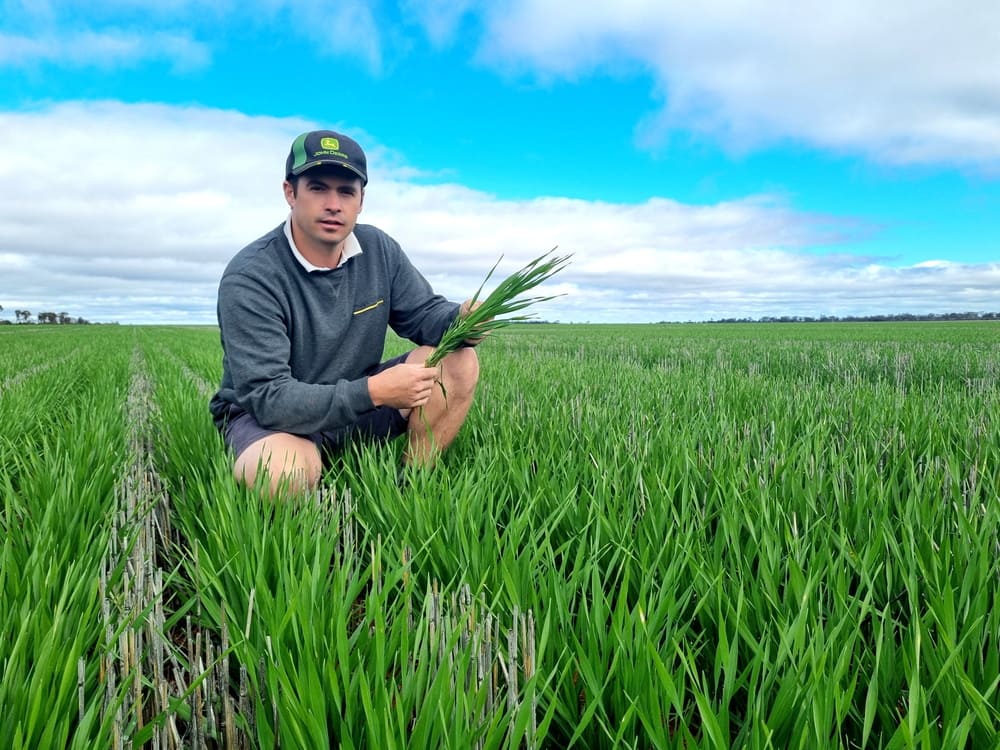
WA eastern wheatbelt grower Ben Graham, Bonnie Rock, pictured checking early crop development recently, says the use of latest digital trials technology has triggered significant application changes in his cropping program.
The ‘Laconik Combine’ trials program, developed by Western Australian business, Laconik, easily establishes a series of randomly located replicated strip trials in paddocks, which also addresses the impact of spatial variability better than typical plot and large-scale farm strip trials.
Some crop input decisions, like applying a fungicide to combat disease, can be ambiguous and growers have largely defaulted to tradition and lower cost options, whereas the latest technology has resulted in decisions being based on value, or return on investment, rather than cost.
In southern WA last season, the trials program was used to independently assess fungicide applications in canola following grower queries surrounding their economic value.
Laconik CEO Darren Hughes said growers often found it difficult to understand the financial benefits of these applications and previous research into grain yield and return on investment had not been significant at scale.
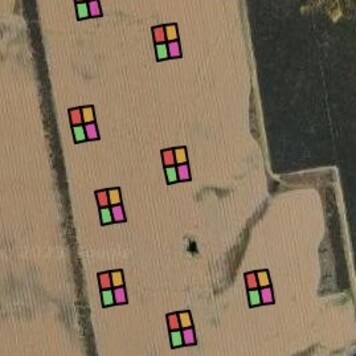
‘Laconik Combine’ crop trials technology allows growers to easily establish a series of randomly located replicated strip trials in their paddocks.
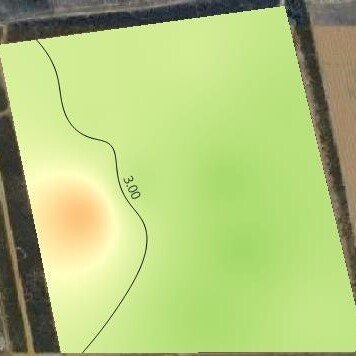
Pictured in the ‘Laconik Combine’ trials program that assessed fungicide applications in canola in southern WA shows the excellent spatial yield response to applications of Aviator Xpro at the high label rate. Aviator Xpro applications in the trial achieved an average 200 kg/ha extra grain yield and $117/ha profit gain.
The trials were conducted over one property at early flowering and involved applications of Prosaro® fungicide in three paddocks covering 861 hectares and Aviator® Xpro® fungicide in another three paddocks comprising 1081 ha.
The canola varieties grown included the hybrid triazine-tolerant lines PY520TC, Dynatron TT and HyTTec Trifecta, which mostly followed wheat in the cropping rotation, except for one paddock that was sown into canola stubble.
Prosaro and Aviator Xpro were applied in July for protection against blackleg and sclerotinia diseases, including upper canopy blackleg infection.
Low, mid and high product label rates were applied and water rates were adjusted to achieve the different fungicide rates.
Across all Prosaro treatments, there was a 70 kilograms/ha increase in grain yield compared to the untreated area, while Aviator Xpro treatments achieved 200 kg/ha extra grain yield.
Using product and application costs at the time, this resulted in a $33/ha profit gain, or $66,527 over a 2000 ha program, with Prosaro, and a profit of $117/ha, or $233,387 over a 2000 ha program, with Aviator Xpro.
“Investing $1/ha in Prosaro delivered a $1.65/ha profit, whereas investing $1/ha in Aviator Xpro delivered a $3.44/ha return, amounting to a 209 per cent increase in ROI,” Darren said.
"Prosaro has been around for some time and as new product technologies evolve, we can assess their performance. Prosaro is cheap on a cost basis, however the trials demonstrated that it’s expensive on a value basis. Just because a product is cheap now does not mean it will deliver the best ROI. All investments, including fungicide applications on canola, should be made on an ROI basis." Laconik CEO Darren Hughes
The clear result from the extensive trials has prompted the grower who hosted them to prepare for fungicide applications in canola this season with Aviator Xpro.
Laconik Combine can assess multiple product and application rates, the program provides full measurement and reporting, and it can be used in conjunction with other crop monitoring systems.
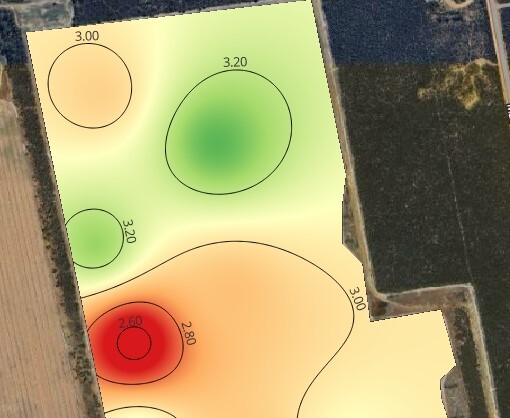
Pictured in the ‘Laconik Combine’ trials program that assessed fungicide applications in canola in southern WA shows the spatial yield response to applications of Prosaro at the high label rate. Prosaro applications in the trial achieved an average 77 kg/ha grain yield increase and $33/ha profit gain.
Laconik is collaborating with industry organisations and companies including Bayer which have a strong interest in supporting adoption of technologies that can assist growers’ product applications and benefit their crop enterprises and farming systems.
Bayer had been working closely with Laconik to explore the use of the trials program for the benefit of growers.
There is great potential for Bayer to add value to growers by engaging with them on the benefits of these platforms, and importantly for growers to learn how they can successfully use these digital technologies to enable better insight of where to use our products on their farms.
WA grower Ben Graham, who grows wheat, canola, barley and oats in rotation with managing fallow at Bonnie Rock in the State’s eastern wheatbelt, said he had run the digital trials program in many paddocks to assess fertiliser and seeding rates.
Describing the technology as “really, really exciting” and a “life saver”, Ben said the results had been amazing and had triggered significant application changes.
For further information on Laconik Combine and the southern WA canola fungicide trial, growers can visit laconik.com.au/resource/cost-vs-value/



